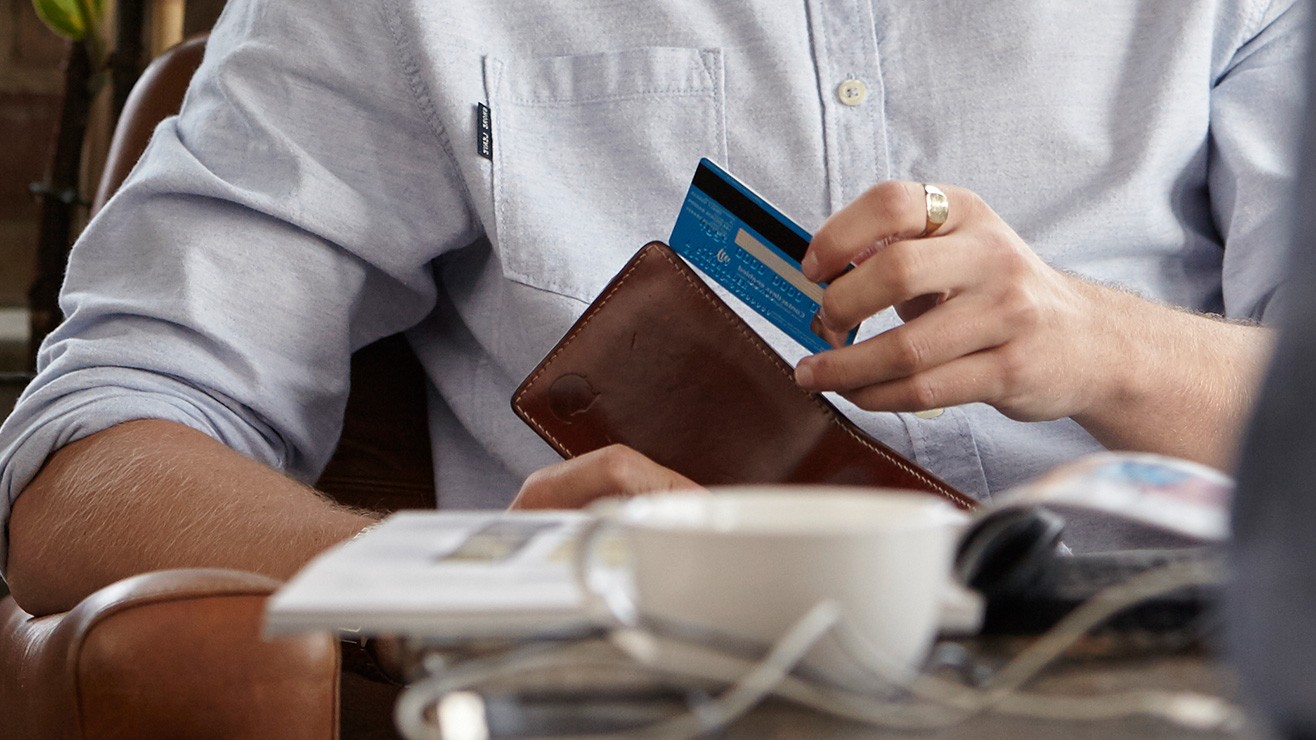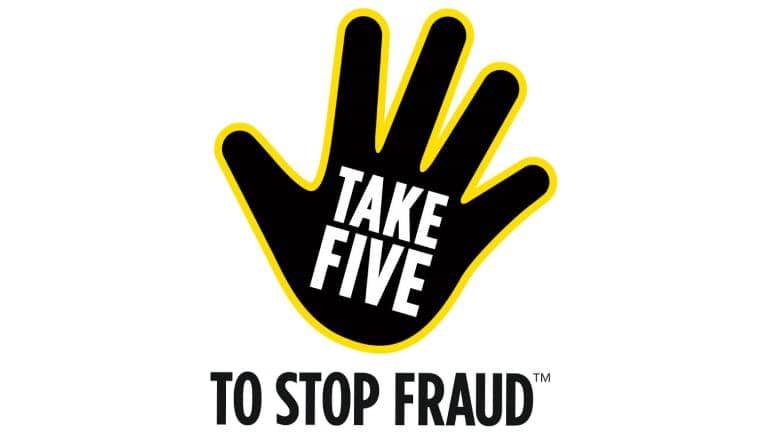
Remote access fraud
A persuasive phone caller might claim they’ve spotted a problem with your computer and offer to take remote control of it to fix it. They could even say they’re calling from a bank and need to help with a ‘problem with your account’.
How it could happen to you
- You receive a call claiming to be from a well-known company such as your internet service provider, bank, or investment company
- They tell you there's a problem with your computer or internet, or with your bank account or card – or they offer to help you with an investment opportunity
- To fix it, they insist on you giving them remote access to your computer – they’ll explain how to do this – and then ask you to log in to Online Banking
- They then ask for your personal details, passcodes and card information, which they’ll then use to access your account
How to protect yourself
- If you get a call like this, hang up immediately. Never be rushed or pressured
- No genuine company will make an unsolicited call to request remote access to your computer
- Never give anyone your personal or payment details, or online account information, over the phone – especially if it was an unsolicited call
- If you’re still unsure, call the company back on a number you know to be correct

Cash machine fraud
Fraudsters continue to find new ways to pull off this con, but the outcome is still the same – distracted at an ATM, you lose sight of your card and your bank account is emptied before you realise.

Card fraud
A fraudster gets access to your personal information or steals your credit or debit card details. This lets them spend with your card.

Phishing, smishing and vishing
You get an email, text message or call claiming to be from a company or organisation you trust, like your bank or the police.

Identity fraud
Fraudsters steal personal information about you to impersonate you. They then take out loans and credit cards in your name, or withdraw cash from your bank account.

Mobile malware
Criminals sneak harmful software onto your mobile device. They hide it in apps and updates so you install it without realising. Once installed, the software can steal your personal details and passwords, then log in to your apps.

Return to fraud and scams homepage
Have you educated yourself enough on the different types of fraud? Head back to the homepage.
You may also like…

Protect yourself from scams
Learn about the different types of scam
Scammers get more sophisticated every day, so it’s important to be alert. We’ve put together some examples of the most common scams, to help keep you protected.

Think you’ve been a victim?
How to report fraud or a scam
Find out what to do if you’re worried about a card payment, how to report fraud and scams and what happens after you tell us, plus get tips on how to help protect yourself.

Take Five to stop fraud
National awareness campaign
Take Five is led by UK Finance and backed by the Government and other organisations. If you receive a phone call, text or email you think might be fake, it urges you to stop – take five – and challenge what you’re told.

Make money work for you
Explore the ways we can help you start a new relationship with money, whatever your age.